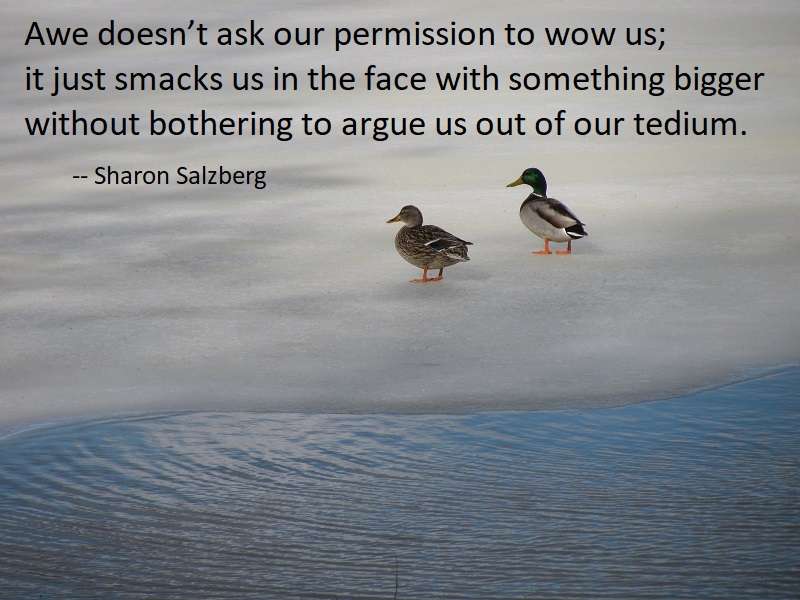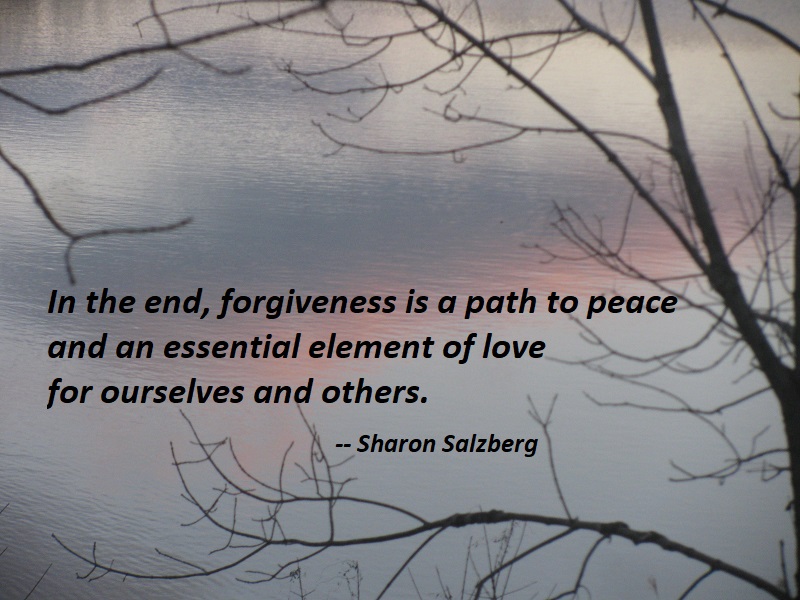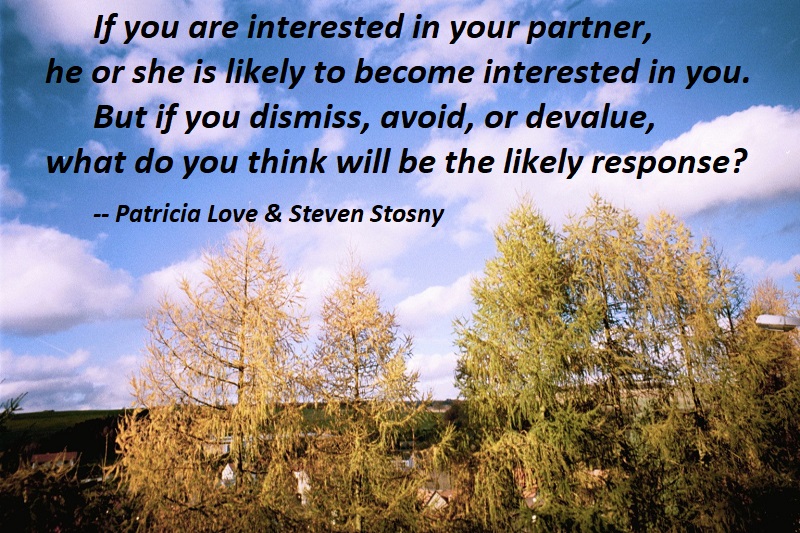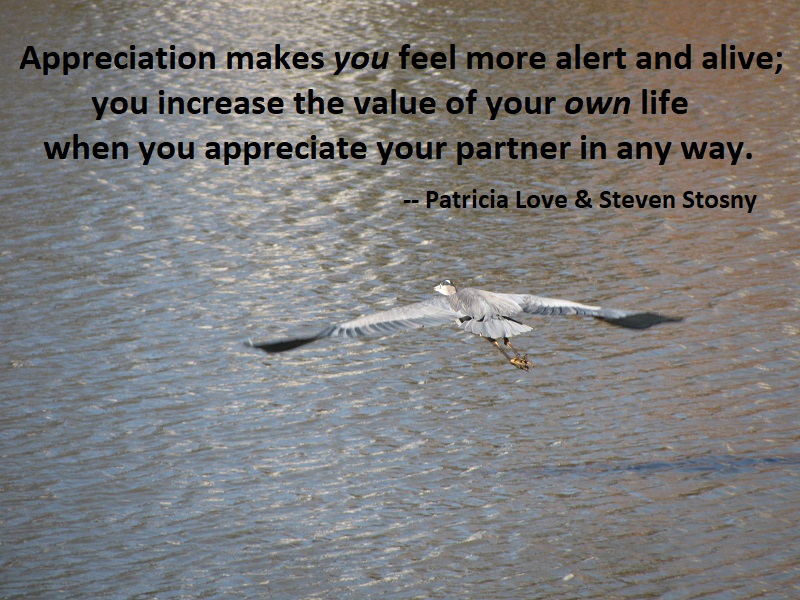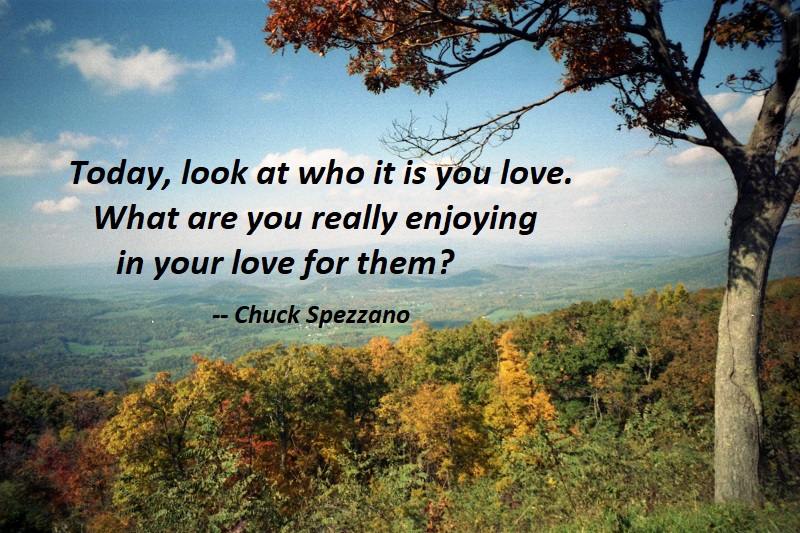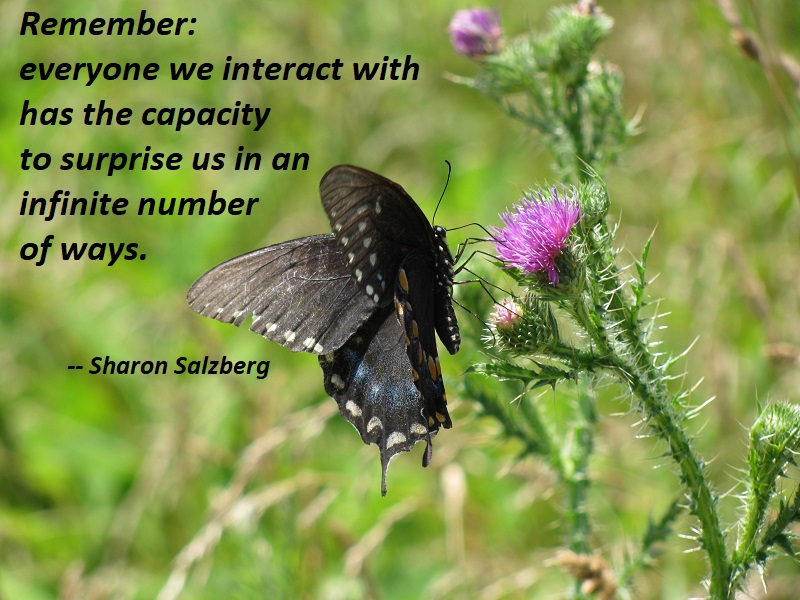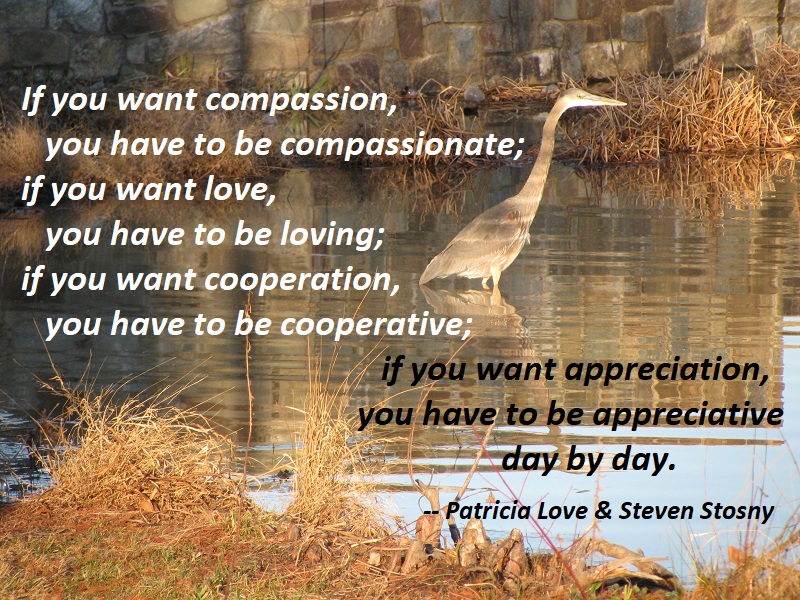
As we have explained, you can feel connected whenever you want, simply by choosing to feel connected. You can even do it in your head, if your partner is unavailable. You can do it when you’re irritated with your partner just as easily as when you’re enraptured with him or her — if you truly want to. And why would you want to if he’s acting like a jerk or she’s being a nag? Well, for one thing, he’s less likely to act like a jerk if he feels connected to you, and she’s less likely to nag if she knows that you care about her feelings. But the more important reason is that you like yourself more when you feel connected to people you love than when you don’t. You like yourself more when you are nice to your partner than when you’re not. You like yourself more when you are true to the most important things about you than when you are not.
One of the most destructive phrases to emerge from modern therapy and self-help books is “getting your needs met” or its variation “What about me?” These little words, and the self-centered attitudes they represent, have done more to promote entitlement and resentment and less to nurture love, compassion, and connection than just about anything that has passed for relationship advice. They fly in the face of a known law of human interaction: You must give what you expect to get. If you want compassion, you have to be compassionate; if you want love, you have to be loving; if you want cooperation, you have to be cooperative; if you want appreciation, you have to be appreciative day by day.
— Patricia Love and Steven Stosny, How to Improve Your Marriage Without Talking About It, p. 210-211
Photo: South Riding, Virginia, December 26, 2014
